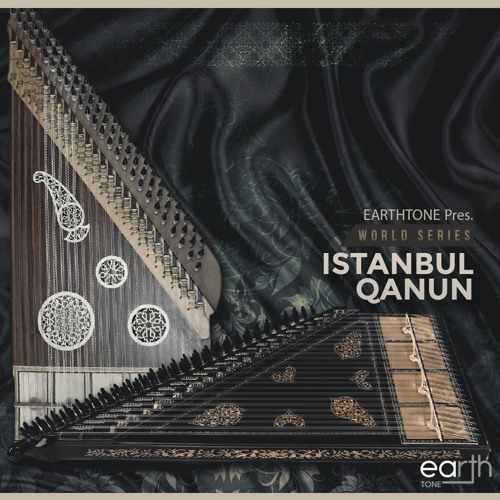'Istanbul Qanun' 包含一组专业演奏、难以置信的丰富、传统和复杂的旋律,让您发现 Qanun 的世界! 'Qanun'是弦乐器的成员,具有梯形形状,形状用于调节琴弦的长度。 qanun 的琴弦由放置在食指上的环形拨片拨弦。在左侧,有也称为“burgu”的钉子,用于调整乐器。土耳其 qanun 由 24、25 或 26 组琴弦组成,每组 2 根或 3 根琴弦(通常总共 75 根琴弦),左侧还有称为“曼达尔”的特殊金属杆。这些特征直到 1870 年代才出现。在当代土耳其 qanun 中,每三根弦有 6 到 15 个曼陀罗,演奏者可以在演奏时快速改变。在乐器的右端,琴弦在由羊皮或鱼皮制成的称为“esik”的琴桥上伸展。
‘Istanbul Qanun’ contains a set of professionally played, incredibly rich, traditional and complex melodies that allow you to discover the world of Qanun! ‘Qanun’ is a member of the stringed instruments and has the form of a trapezoid shape, the shape serves the purpose of adjusting the length of the strings. The strings of qanun are plucked by a ring-shaped plectrum placed on the index fingers. On the left side, there are pegs also known as ‘burgu’ which are used to tune the instrument. The Turkish qanun consists of 24, 25 or 26 sets of strings of two or three strings each (generally giving a total of 75) also features special metallic levers called ‘mandal’ on the left side. These features were not present until the 1870s. On contemporary Turkish qanun, there are six to fifteen mandals for every three strings that the performer can alter quickly when playing. On the right end of the instrument, the strings are stretched over the bridge called ‘esik’ made of lamb or fish skin.




